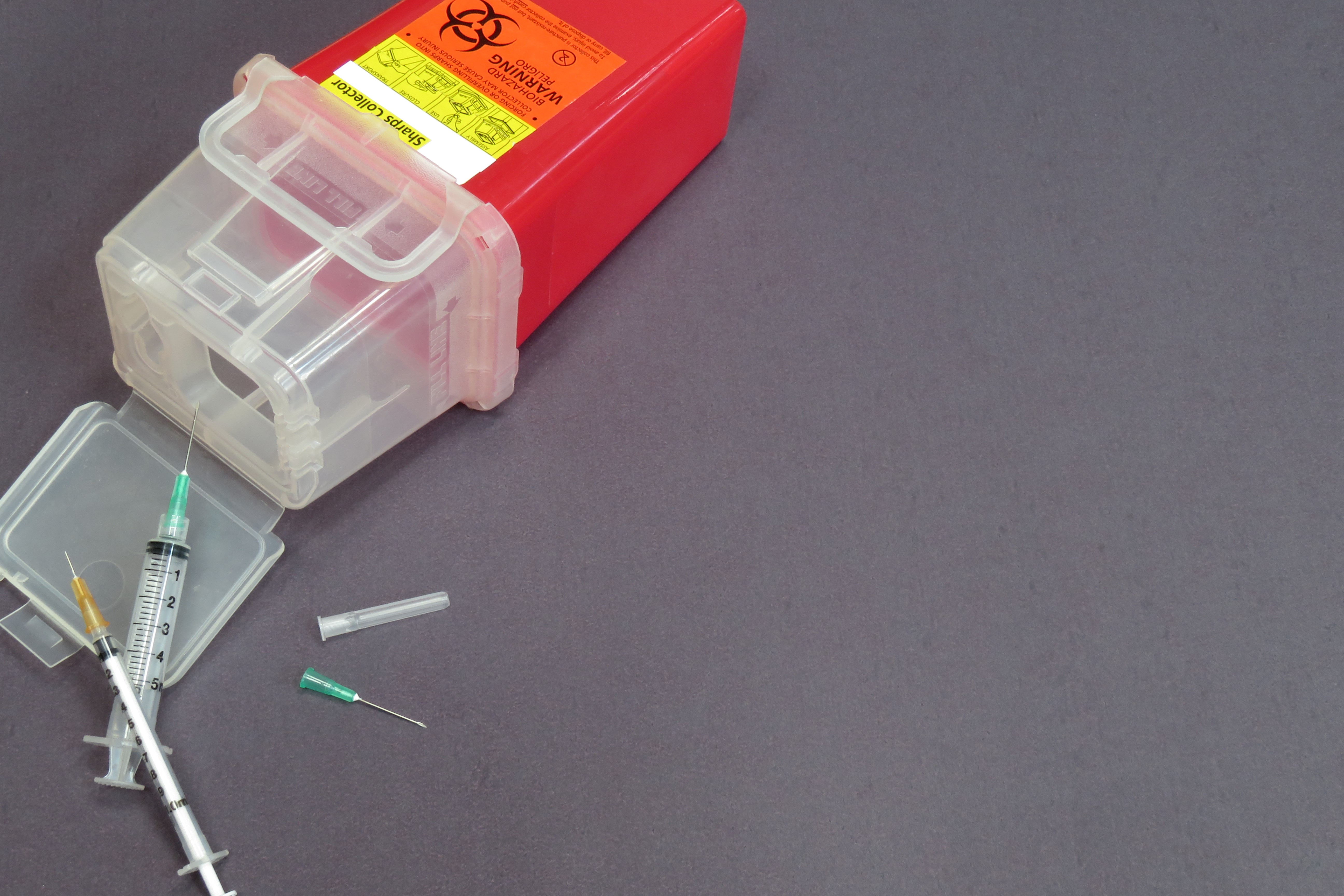The key elements of the Model Overdose Reversal Agents Act are to: (1) remove all existing restrictions about who can receive, possess, store, transfer without cost, or administer an ORA such that any “person or entity” is eligible; (2) require specified individuals and entities to offer ORAs to individuals at increased risk of overdose; (3) require emergency access to ORAs at specified locations for use by any individual; (4) provide guidelines for ORA sales, in particular sales of non-prescription ORAs; (6) grant broad immunity to people or entities for prescribing, dispensing, giving, donating, transferring without charge, selling, or administering ORAs in the absence of gross negligence, malice, or criminal intent; (7) identify the required content for educational information about ORAs and specify when that information must be disseminated; (8) require Medicaid and other health insurance coverage for ORAs, including non-prescription ORAs, and prohibit discriminatory life and health insurance practices; and (9) create a bulk overdose reversal agent purchasing fund to assist persons and entities to fulfill requirements under the Act....










